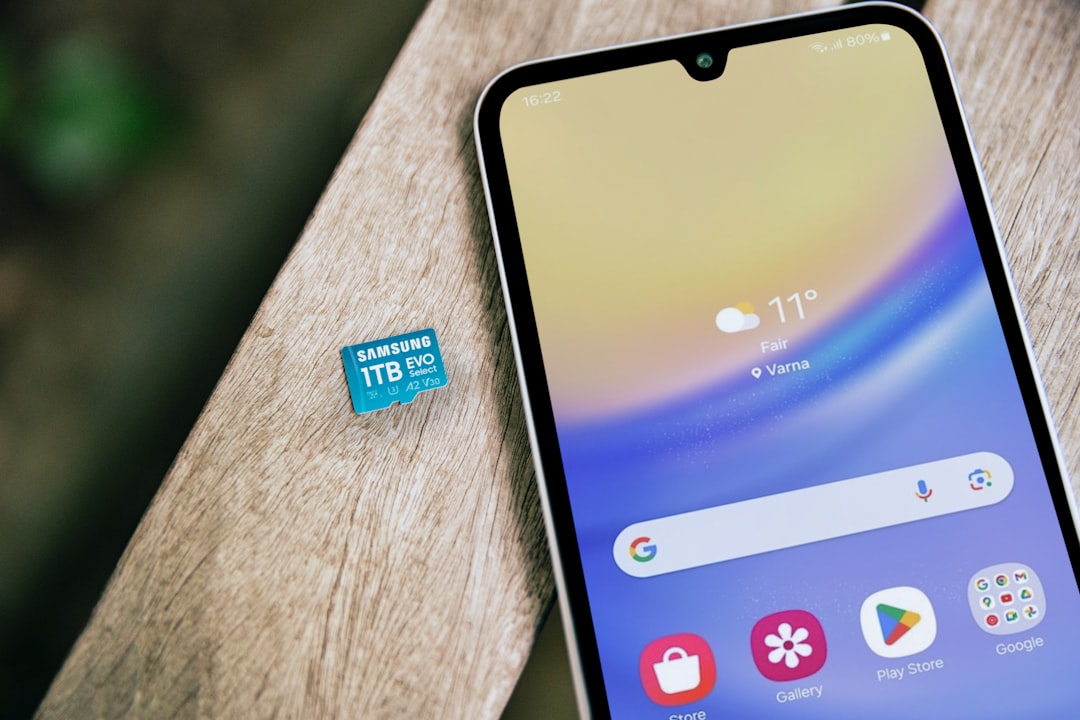Spam calls targeting Virginia's elderly are a growing concern. Seniors should register for the Do Not Call Registry and use spam blocking apps to protect against scammers. Education on fraud recognition and reporting is vital. Using call-blocking tools and staying informed reduces unwanted calls, ensuring peace of mind for seniors in Virginia. Resources like FTC guide and local initiatives offer support.
In Virginia, as across the nation, spam calls are on the rise, targeting especially the elderly population. These unsolicited and often malicious phone calls pose significant risks, from financial loss to compromised privacy. This article delves into the growing concern of spam calls in Virginia, exploring their unique impact on the state’s elderly residents. We offer practical strategies for seniors and their families on how to stop spam calls Virginia, along with resources for advocacy and a safer community.
Understanding Spam Calls: A Growing Concern in Virginia

Spam calls, or unsolicited telephone marketing calls, have become an increasingly prevalent and concerning issue in Virginia, targeting a vulnerable population—the elderly. With the rise of automated calling technologies, these unwanted calls can be frequent and relentless, leaving many seniors feeling annoyed, disturbed, and even scared. Understanding how and why this happens is the first step towards mitigating the problem.
The ease of making mass calls using auto-dialers and pre-recorded messages has made it easier for scammers and marketing companies to target specific demographics, including Virginia’s elderly residents. These calls often promote various products, services, or even fraudulent schemes, taking advantage of seniors’ trust and potential naivety. To combat this growing concern, it is essential for Virginians to know how to protect themselves and take proactive measures like registering on the Do Not Call Registry and using spam call blocking apps designed specifically to curb such unwanted intrusions in Virginia.
The Unique Vulnerability of Elderly Virginians

Virginia’s elderly population, a cherished segment of society, faces unique challenges in an era of relentless digital communication. This demographic is particularly vulnerable to spam calls, which can have detrimental effects on their well-being and daily lives. Their age often makes them more trusting, potentially leading them to provide personal information without hesitation. Scammers targeting the elderly with deceptive tactics exploit this trust, making it crucial to equip them with knowledge to identify and avoid such traps.
With a growing number of spam calls inundating Virginia’s residents, understanding how to protect oneself becomes essential. Educating the elderly on blocking these calls, recognizing fraudulent schemes, and reporting suspicious activities can empower them to take control. Additionally, implementing robust anti-spam measures and utilizing tools designed to block unwanted calls in Virginia are practical steps towards creating a safer environment for this vulnerable group. How to stop spam calls Virginia is not just a query but a vital step in safeguarding the peace of mind and security of its senior citizens.
Strategies to Combat and Block Unwanted Calls

To combat spam calls, Virginia’s elderly population can take several proactive steps. One effective method is to register on the National Do Not Call Registry, which restricts telemarketing calls from unwanted sources. Many phone service providers also offer call-blocking features that can be tailored to filter out specific numbers or types of calls. Installing apps designed to identify and block spam calls can provide an additional layer of protection, as these tools learn and adapt to new patterns.
Additionally, staying informed about the latest spam call tactics is crucial. Regularly updating security software and being cautious when sharing personal information online can significantly reduce the risk of receiving unwanted calls. Encouraging community members to share resources and strategies for blocking spam calls fosters a collective effort to protect vulnerable individuals, ensuring a safer environment for Virginia’s elderly residents.
Resources and Advocacy for a Safer Virginia Community

Virginia’s elderly population faces unique challenges from spam calls, which can lead to heightened anxiety and safety risks. However, numerous resources are available to help combat this issue and create a safer community. Organizations like the Federal Trade Commission (FTC) offer guidance on how to stop spam calls Virginia residents experience daily. They provide tools and tips, such as registering for the National Do Not Call Registry, which can significantly reduce unwanted call volumes.
Local initiatives and advocacy groups play a crucial role in raising awareness about this problem among seniors. These organizations host workshops and educational sessions focused on teaching effective strategies to handle spam calls. By empowering Virginia’s elderly with knowledge, they can better protect themselves and their loved ones from potential scams and harassment. Additionally, these resources often include support networks where individuals can share experiences and successful solutions, fostering a sense of community and resilience against spam calls.






